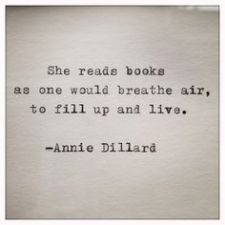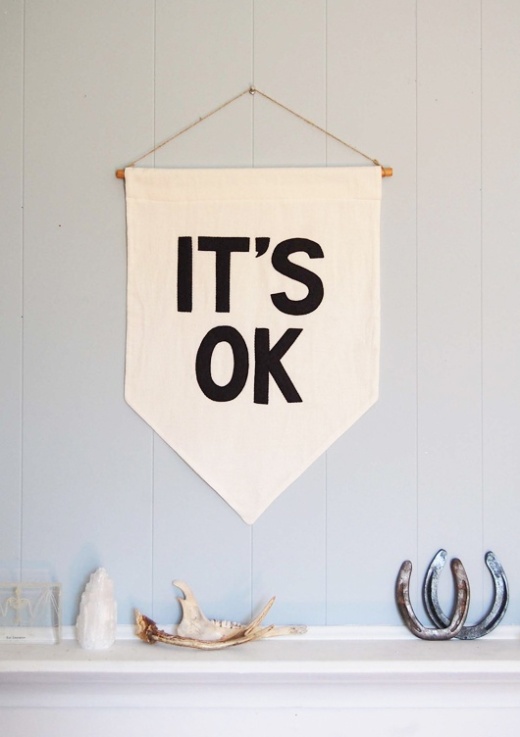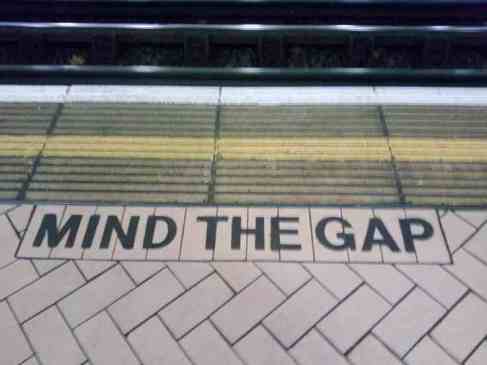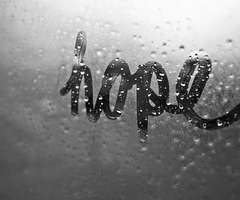
I have spent a large portion of my life reading. Thousands of hours, probably. If you go by that Malcolm Gladwell-popularised ten thousand hours rule, then I should be a pretty successful reader.
I was blessed to have a mom and dad who read to me regularly as a child, and I remember my absolute enthrallment in the stories they read, and my frustration at not being able to make out the ciphers on the page. I recall so clearly my intense excitement at being able to make sense of the letters and words. My first full-length ‘proper’ book was a Secret Seven volume… which aptly I read when I was seven! And once I’d mastered that, I was off…. I couldn’t be stopped. Trips to the library were overwhelming, delicious. I can still remember that musty, inky, library smell and the clack of the due date stamp. There was so much out there: characters to meet, people to see, historical eras and other cultures to experience. I couldn’t get enough. I’d literally reach over into the boot of my mom’s hatchback car to grab my chosen books out of the library basket on the way home, because I couldn’t wait for the five minute car trip before we got home!
I read everything. Horse books (I used to be obsessed with ponies, even though I didn’t have one, sob), even Sweet Valley, Enid Blyton times a million. I very nearly convinced my parents to send me to boarding school because of Mallory Towers books. My favourite author as a child was Rumer Godden. Miss Happiness and Miss Flower and its sequel, which are about Japanese dolls which come alive, were my favourites, and as a result I was obsessed with dolls houses and Japan. Also A Little Princess and Little Women, of course. And Anne of Green Gables. I loved anything old-timey basically, which has endured in my interest in history and my love of Jane Austen and Victorian novels.
In later primary school, I got on to fantasy books, and my favourite series was C.S. Lewis’s Narnia, also Lloyd Alexander’s Chronicles of Prydain. And lots of other works of which I’ve subsequently forgotten the titles.
But it’s all stayed with me – it’s all a part of me. When I read Anne Frank’s Diary at the age of about 10 or 11, I wept and wept and wept. I felt she was a true kindred spirit when she wrote, “If I read a book that impresses me, I have to take myself firmly by the hand, before I mix with other people; otherwise they would think my mind rather queer”.
I read way beyond my age group, inspired by my book-loving parents. My mom got me to read contemporary novels by the likes of Anita Brookner and Joyce Carol Oates, while my dad set me a classics reading list, starting with Jane Austen and graduating to Tolstoy and Henry James. (We also had to discuss them afterwards – I love you, Dad!) I read War and Peace when I was sixteen, although I don’t think that’s boast-worthy as I probably remember about two scenes and it took me half the year. (Parts are super-boring. Anna Karenina is better.) I just re-read Austen’s Persuasion and I’m pretty sure I didn’t understand half of what I read when I was thirteen! But hey, it was all really good training.
By reading so much, was I hiding though? Was I a recluse. Well, no. I was actually a happy and sociable little girl, other than a few instances of bullying at school because, well, I was (am) a little strange. Haters gonna hate, whatevs. But I was actually pretty strong, and imaginative and creative, and excelled in English and drama and music and art, and had friends.
I was and am an introvert, and reading is still a safe place for me, that proverbial retreat into another world. Sometimes it’s a comforting and energy-recharging other world, and sometimes it’s a disturbing, mind-broadening one. Sometimes I worry that it is a hiding place. But you know what, people do much more inane things to chill out than reading. (Some of them understandable, TV/Netflix can be a good way of switching off your brain, especially if you think too much!) And I’m pretty sure the gains have outweighed the losses.
In a terribly old-fashioned, non-academic way (have I mentioned I’m doing my PhD in English?), I believe that reading makes you a more compassionate, empathetic person. How are you to empathise with others if you have no knowlege of lives other than your own and your immediate circle, maybe? Writing is so human and personal, perhaps more than any of the other arts.
This is not to say that if you don’t read frequently you suck or are inferior, which is is what I find some bibliophiles loudly proclaming. My husband, who is a musician, and who does read, but not as voraciously as me, feels the same intense attraction to music, for instance. Some people have also not been exposed to a reading culture, but I’m glad I was given that opportunity to develop a deep love for books.
Also, reading makes you a better writer.
And that is where I’m anxious. Sometimes I feel like all the books I’ve read are sitting in my brain, urging me to do something with all the stories I’ve lived through and all the ideas and emotions they’ve percolated in my mind. Like all my reading is a kind of capital that I’ve inherited, or earned, and now I need to spend it – I need to do something with it.
And doing my PhD is part of that, but I feel like there’s something more that needs to be done. Yes, some reading is pure entertainment and I have no problem with that. I am completely unsnobby when it comes to books and one of my favourite escapist reads is anything by Marian Keyes. She writes really well. Also The Song of Ice and Fire (Game of Thrones to you HB0-watchers!). Genre fiction, don’t knock it.
But…
I feel, in a deeply Romantic way, as if literature has given me a gift, beyond words. And it’s time I contribute to that vast library that thrilled me as a child, and can still make me breathless with wonder.






